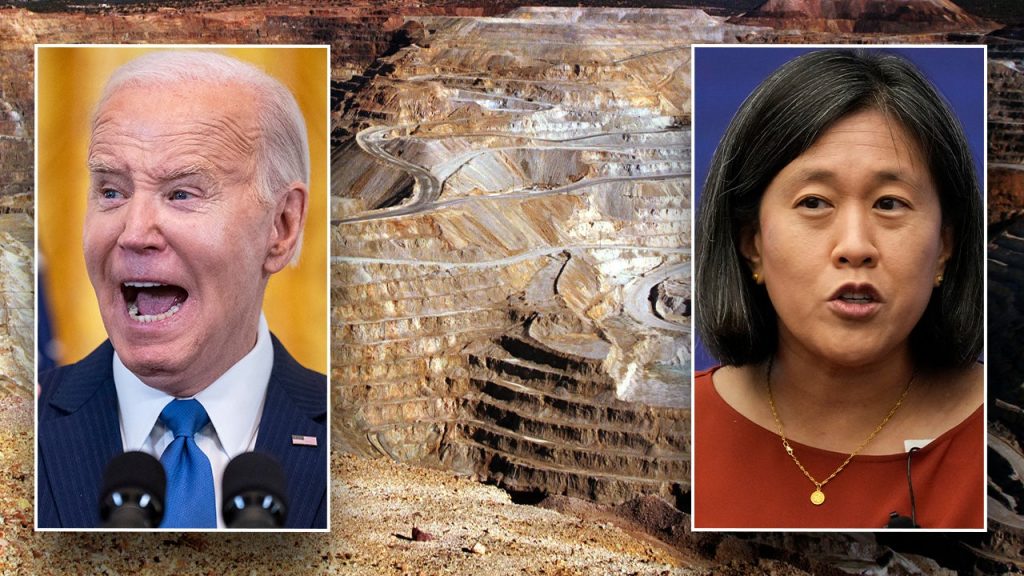The White House is escalating a labor dispute at a major mine in central Mexico, using a little-known provision in the USMCA called the Rapid Response Labor Mechanism (RRM). The USTR successfully convened the first-ever RRM tribunal to review concerns brought by labor officials in the U.S. and Mexico. Despite support from powerful labor unions, the Mexican government, the U.S. Chamber of Commerce, and the owner of the mine, Grupo Mexico, have pushed back, arguing that the U.S. government lacks jurisdiction in the dispute.
The case involves a strike at Grupo Mexico’s San Martin mine in 2007 over safety conditions, which ended in 2018 when the mine’s operator struck a deal with a coalition of workers to return to work. The Mexican government ruled that the strike was over, but the USTR invoked the RRM in response to a petition filed by labor unions, alleging violations of workers’ rights to freedom of association and collective bargaining. The tribunal was formally requested despite Mexico’s assertion that the case was outside the scope of the USMCA.
Documents revealed skepticism from USTR officials in the Trump administration about invoking the RRM in the case, with concerns raised about jurisdiction and the timing of the labor dispute in relation to the trade agreement. Rep. Carol Miller and the U.S. Chamber of Commerce have also expressed concerns about the use of the RRM, warning against abusing the provision and violating legal principles. The case could lead to the forcible closure of the San Martin mine, impacting the local economy in Sombrerete and Mexico’s economy as a whole.
The San Martin mine employs about 1,000 workers and produces key minerals for various technologies and products. The closure of the mine could have devastating effects on the workers and the local economy. Additionally, the case could benefit Los Mineros General-Secretary Napoleon Gomez Urrutia, who is facing criminal charges and was ordered to pay $54 million in an alleged embezzlement scheme. One of Los Mineros’ demands to end the San Martin strike was for the Mexican federal government to drop its charges against Urrutia.
The USTR’s pursuit of the case has implications not only for the San Martin mine but for future labor disputes that may be subject to the RRM. Critics argue that the process lacks transparency and fairness, with concerns raised about procedural violations. The potential impact of the case on workers and the economy highlights the broader issues at play in the use of trade agreements to address labor disputes. The outcome of the tribunal, expected soon, could have far-reaching consequences for labor relations in Mexico and the broader North American region.


